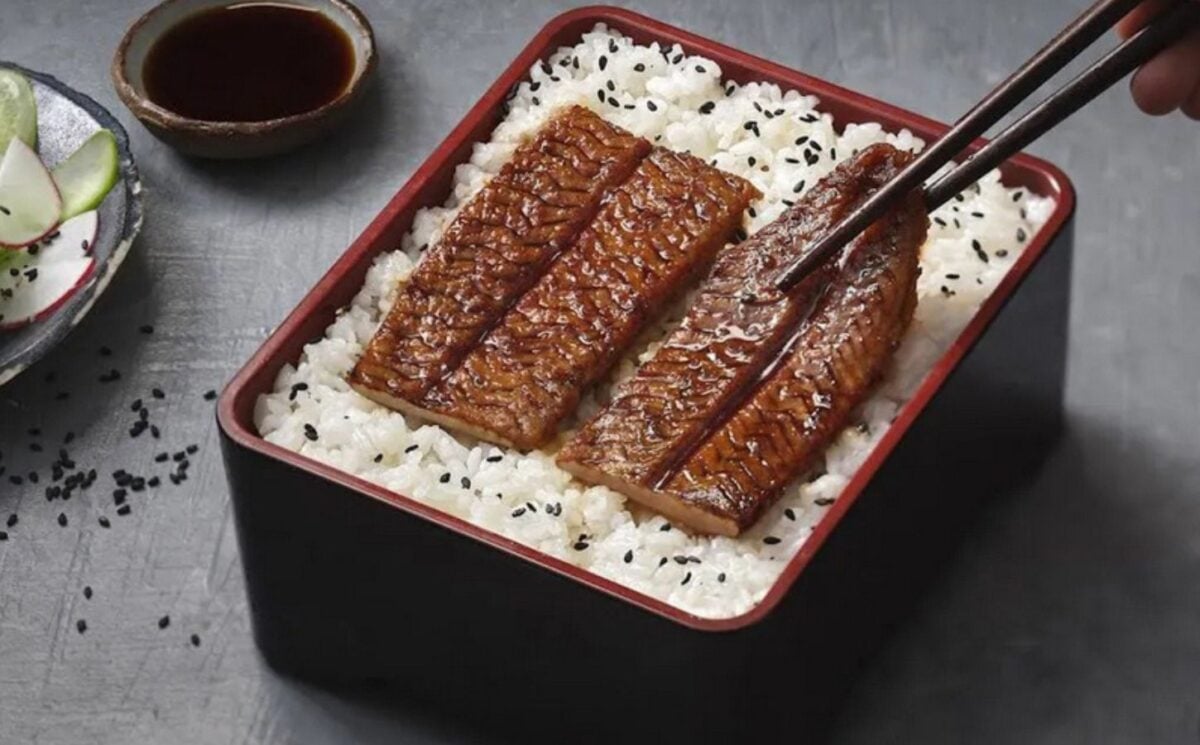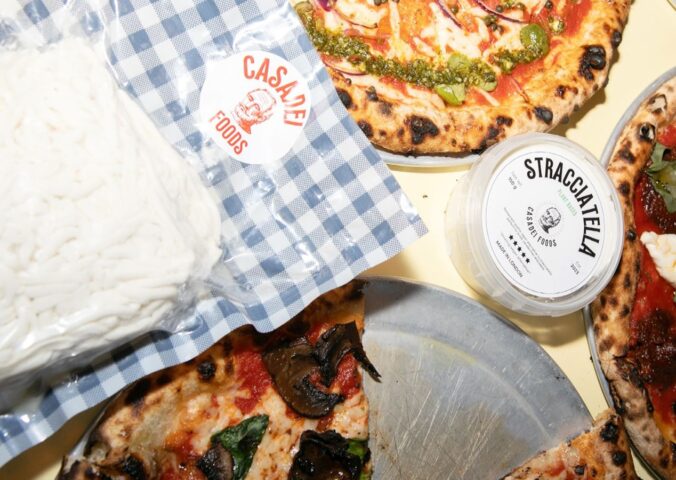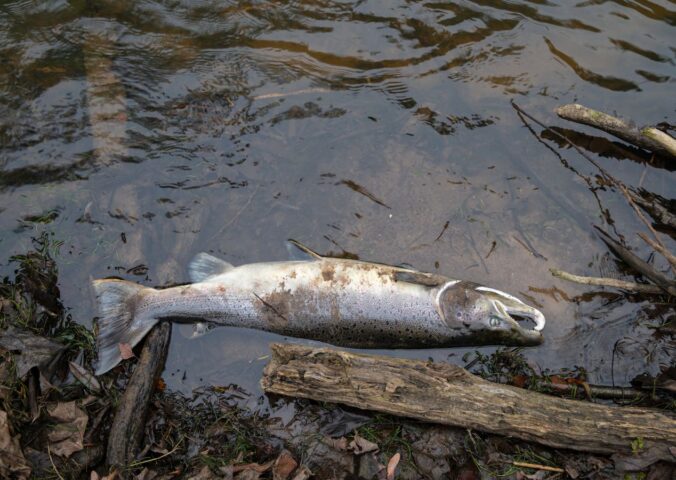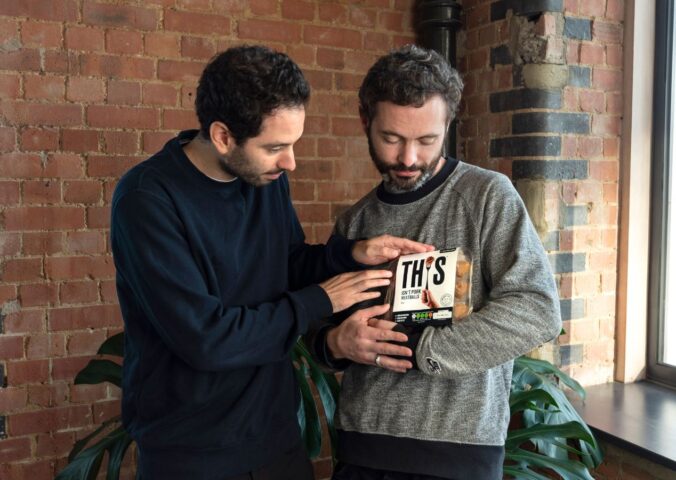Food technology startup Forsea has achieved “record-breaking” cell density in its cultured eel, which it says will pave the way for more affordable and sustainable “seafood” production.
Read more: New Partnership Brings Cultivated Fish To South Korea
Forsea’s patented organoid technology has reached more than 300 million cells per ml, setting a new industry standard for efficiency. According to the company, this breakthrough relies on the “minimal and precise use” of cultured ingredients to replicate animal protein.
“The breakthrough to this level of cell density highlights the strength of our organoid technology,” explained Moria Shimoni, CTO of Forsea, in a statement. “It’s a validation of our approach to high-efficiency cultivation of seafood to meet both economic and sustainability goals at scale”.
The company is currently focused on manufacturing cultured freshwater eel, a high-impact delicacy with huge market potential. Japan, the main audience for eel products, recorded the sale of around 140,000 tons in 2023 – approximately 50 percent of all global sales.
Read more: ‘Important Players’ In Romanian Meat Industry Behind Proposed Cultured Meat Ban, Says Investigation
Potential price parity for cultured seafood
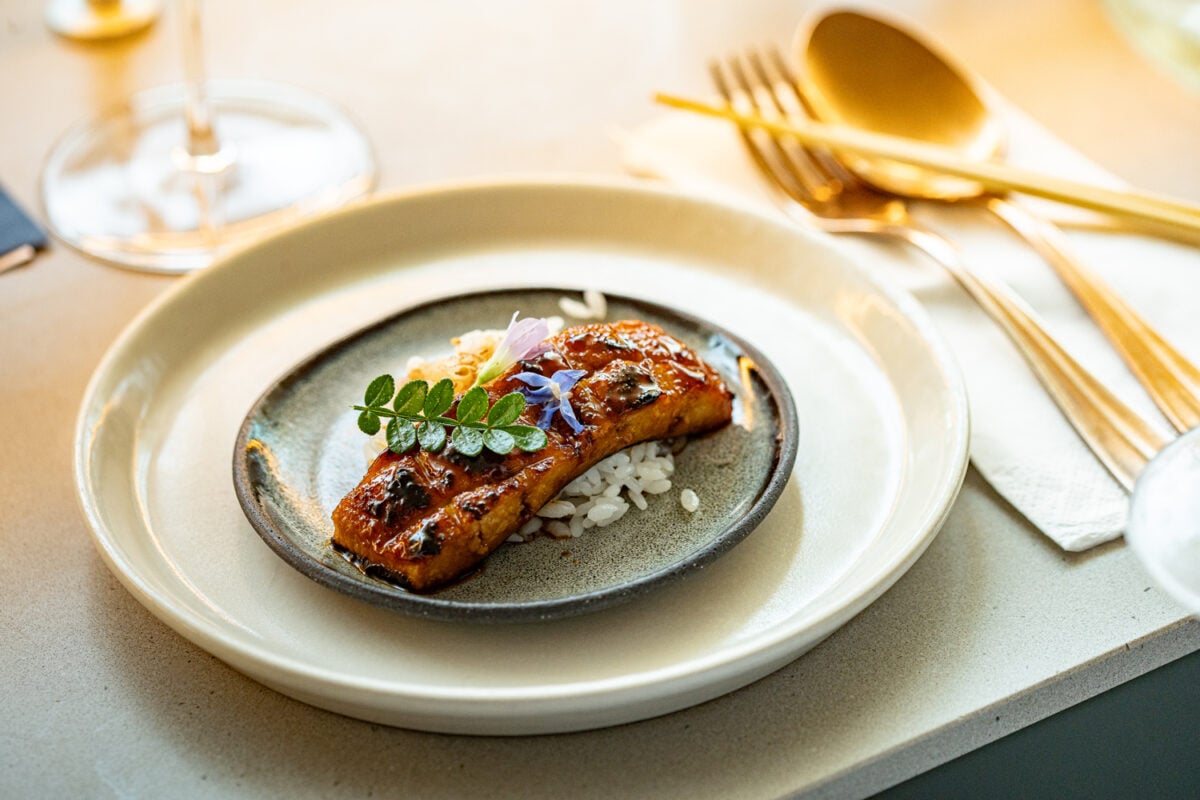
Eel, or unagi, is prized for its flavor as well as its rarity, and supplies have been hampered by the plummeting global population. The European eel population, in particular, is at imminent risk of collapse, having fallen by around 98 percent in the last 50 years.
In contrast, Forsea’s cultured unagi is positioned as a highly affordable, scaled, low-impact alternative, either at price parity or a reduced cost when compared with traditional products.
Overall cost is one of the main hurdles currently facing the cultured food sector. As interest has grown in cellular agriculture – and aquaculture – over the last few years, companies must achieve scalability if they are to truly take on traditional meat, dairy, and fish.
In a 2021 report on the subject, McKinsey & Company notes that companies have managed to reduce production costs by 99 percent since the first prototypes, and suggest that cultivated meat could reach price parity with conventional proteins by at least 2030.
Forsea is preparing for the commercial launch of its cultured unagi in 2026, and says that its next choice of product will replicate another under-threat animal from the IUCN Red List.
Read more: Cultivated Meat For Companion Animals Approved In The UK
